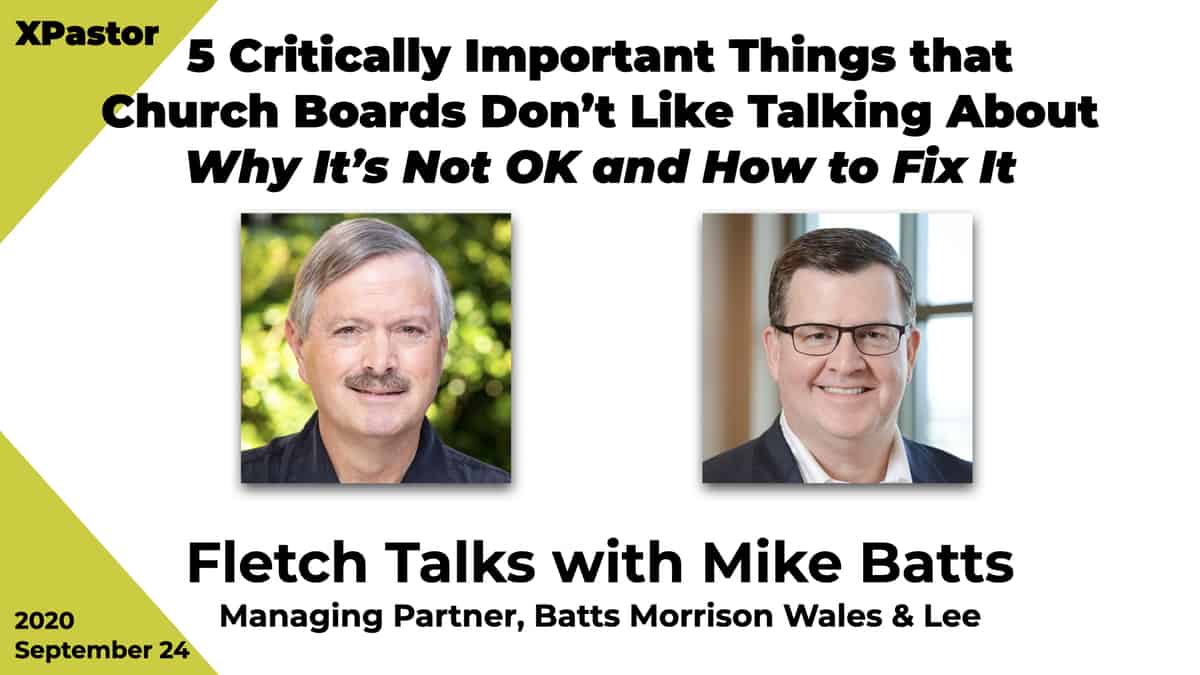Pastor, can you pinpoint the hidden sources of conflict in your congregation? If not, how will you manage them? Thankfully, you’re not left to your own devices on this one! The Bible lays it out pretty clearly.
I appeal to you, brothers, by the name of our Lord Jesus Christ, that all of you agree, and that there be no differences among you, but that you be united in the same mind and the same judgment. For it has been reported to me by Chloe’s people that there is quarreling among you, my brothers. What I mean is that each one of you says, ‘I follow Paul,’ or ‘I follow Apollos,’ or ‘I follow Cephas,’ or ‘I follow Christ.’ Is Christ divided? Was Paul crucified for you? Or were you baptized in the name of Paul? I thank God that I baptized none of you except Crispus and Gaius, so that no one may say that you were baptized in my name. (I did baptize also the household of Stephanas. Beyond that, I do not know whether I baptized anyone else.) (1 Cor. 1:10-16)
Reasons for Church Conflict: Differences of Opinion
The psychology of conflict in today’s average church is perhaps not so different than the days of Corinth. Differences of opinion happen because of different experiences. Differences of opinion are as old as Corinth; although there is sometimes a veiled theological rationale on the surface, people divide because they defer to their comfort zone. People like what or who they like for a million different reasons—and sometimes for no reason—and that translates into personal preferences for decisions such as choosing colors for the bathrooms. This is either a goldmine or a minefield, depending upon how you manage it.
Reason #1: People Are People
At the end of the day, all the complexity of human personality comes into play in the church. People tend toward their natural, sinful desires for autonomy and respect.
Reason #2: People are Learning at Different Rates
In the church, the newly-converted assemble with the elderly and venerable. The learning impact of years versus days matters. Old people who have walked with the Lord have things to offer to the young believer and vice-versa, but very often congregations split by old versus new (“Finishers” was the name of a class I was invited to after I turned sixty!) People struggle in patience with one another.
Reason #3: Conversion is Complex—“Family of Origin”
People come into church from a lot of different backgrounds, including denominational and doctrinal differences (sometimes within the same denomination!) Every Christian has a different experience of conversion, and their conversion is their experience, their way of seeing Christianity from their perspective. This is not unusual in the history of the church, considering the very different conversions of Augustine, Luther and Calvin compared to John Wesley. But the framework of self-reference in conversion can cause congregants to miss the important point of self-abnegation.
Reason #4: Church Group Dynamics and Demographics
The church is complex, there’s no doubt about that. The group dynamics of the average church are enough to make anyone’s head spin (candidly, they are a sociologist’s dream!) Groups develop within groups: old, young, millennial, Baby Boomers, engineers, accountants, artists, people fond of old hymns, and people who love contemporary music. Cliques form, small groups that have been together for 25 years (churches within the church), even as the church grows. The only constant is the Scripture … and maybe even that is no longer true. Naturally forming groups are a part of life, yet strong leaders and pastors understand the critical need to help all.
Reason #5: Missing the Point—Basic Communication Processes
I sometimes wonder, after I watch a serious “episode” unfold, whether people have truly taken the time to understand each other in the church. People sometimes see things from their own wounded viewpoint as opposed to viewing things from a truly Biblical, truth-seeking perspective. I assume part of the challenge is pride, but sometimes it may simply be serious misunderstanding. Perhaps it is an unwillingness to hear. I think this happens more often than we realize, especially in circumstances where we are dealing with people we barely know.
How do we address these reasons for conflict together?
Solution?
Like addicts, we first need to accept these as problems and issues that can damage the church. Pastors need to get them out into the open where people can understand them, acknowledge them and repent, when necessary. People may not even know they are perpetuating issues.
Pastors can bring these differences out in the open and galvanize people around central truths. For my part, simply acknowledging the social complexity of a congregation is an important step. Many of today’s congregations are no longer rural churches where everyone knows everyone … we are “blended families” that need help to understand each other. Pastors help blended families all the time. The church is just a bit bigger, but pastors can manage the hidden issues involved in their “blended family.”











